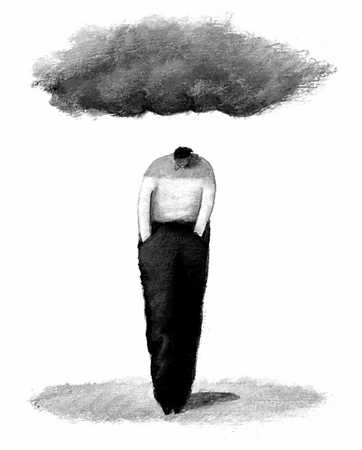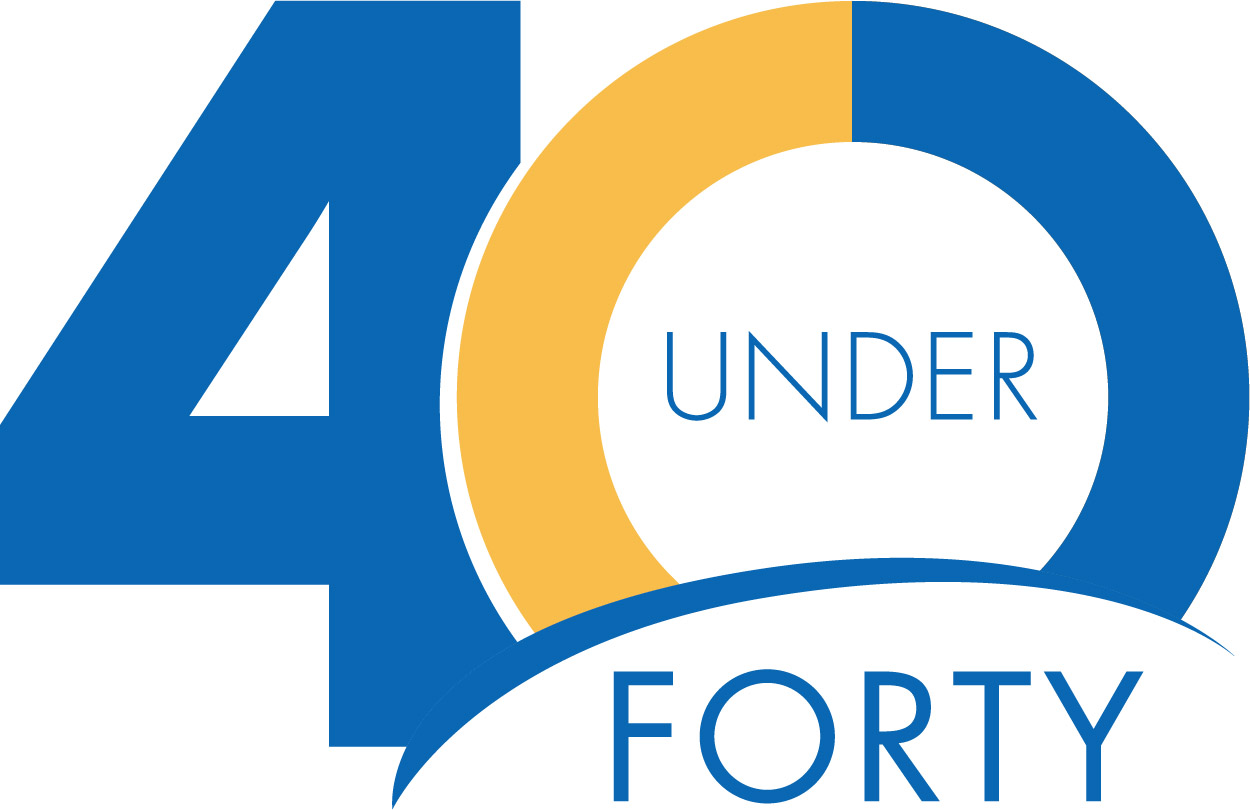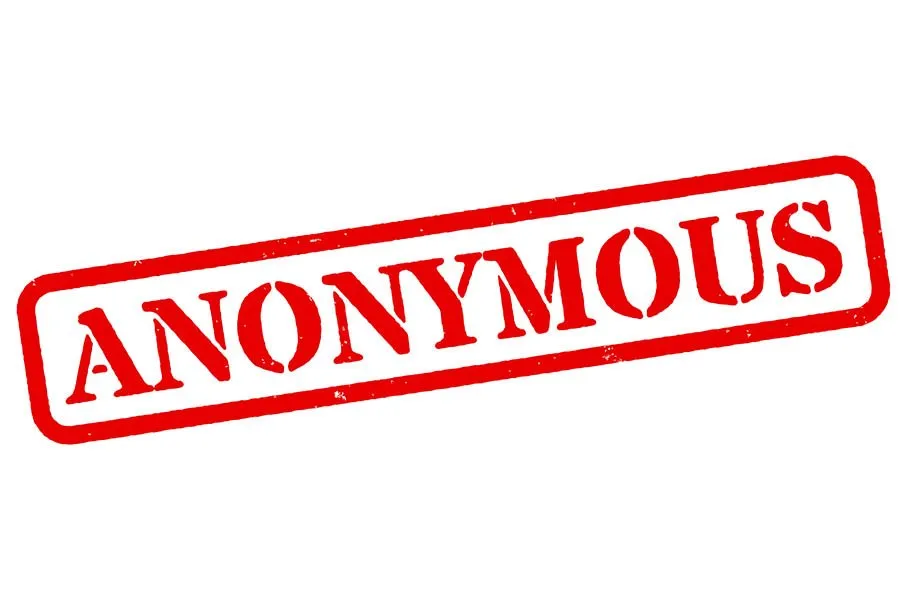Weird Al Yankovic is embarking on a major tour this summer:
The Bigger and Weirder Tour
He hasn’t released a significant amount of music in over a decade, yet this is his fastest-selling and biggest-grossing tour to date.
He’s playing venues like Madison Square Garden and the Kia Forum.
I saw his show in 2018. It was excellent. Though I don’t think I’ll see him this time, I’m thrilled that people are buying tickets to his concerts in record numbers and still loving his music.
Weird Al is an example of someone who chose to do something different and found success.
At 16, Yankovic sent a homemade cassette of his accordion-powered parodies and originals to radio personality Dr. Demento, who played his song “Belvedere Cruisin'” on the air in 1976.
This initial airplay was the spark that ignited Yankovic’s career, giving him early exposure and a small following among the show’s listeners.
While studying architecture at California Polytechnic State University, Yankovic became a DJ at the campus radio station, KCPR, where he continued to create and play his parodies on-air for campus students. It was during this time that he began calling himself “Weird Al” — a nickname originally given to him by his dormmates that was meant as an insult.
He transformed their cruelty into a stage name that he still uses 50 years later.
In 1979, inspired by the popularity of The Knack’s “My Sharona,” he recorded a parody, “My Bologna,” in a bathroom for the acoustics and sent it to Dr. Demento.
“My Bologna” became a hit on the show, catching the attention of The Knack’s lead singer, who encouraged Capitol Records to release it as a single. This led to Yankovic’s first recording contract and, within a few years, his debut album, “Weird Al” Yankovic.
The rest is history.
Yankovic has gone on to sell more than 12 million albums, record over 150 parodies and original songs, and perform over 1,000 live shows. His work has earned him five Grammy Awards, four gold records, and six platinum records.
As I’ve pointed out before, the path of success is rarely repeatable, predictable, or expected.
A teenage boy with a fascination for parody songs — a musical genre that has never received much attention — sends homemade tapes to a national radio show and gains some attention. He heads off to college and continues to ply his craft, landing a job on the college radio station, recording more songs, and sending more of them into “The Dr. Demento Show.”
One of those songs catches the attention of a rock star, who opens the door to his first recording contract.
As I’m fond of saying, there are no magic pills. No secret formulas.
Just relentless pursuit of your passion and hope that somehow, someday, someone will take notice.







